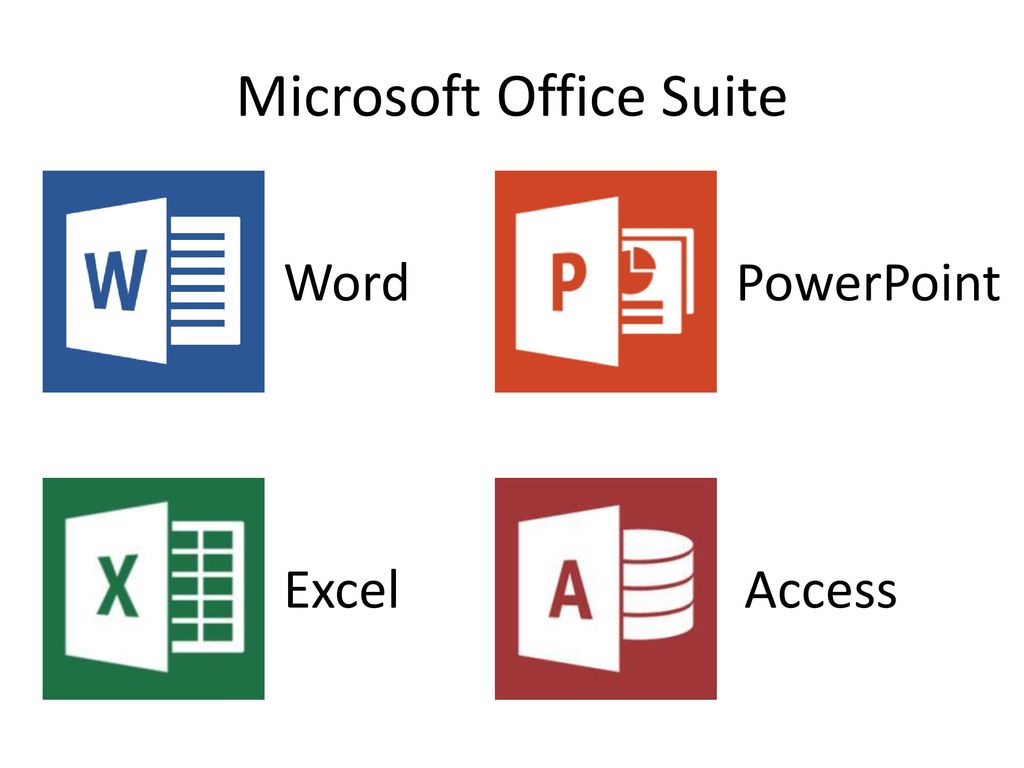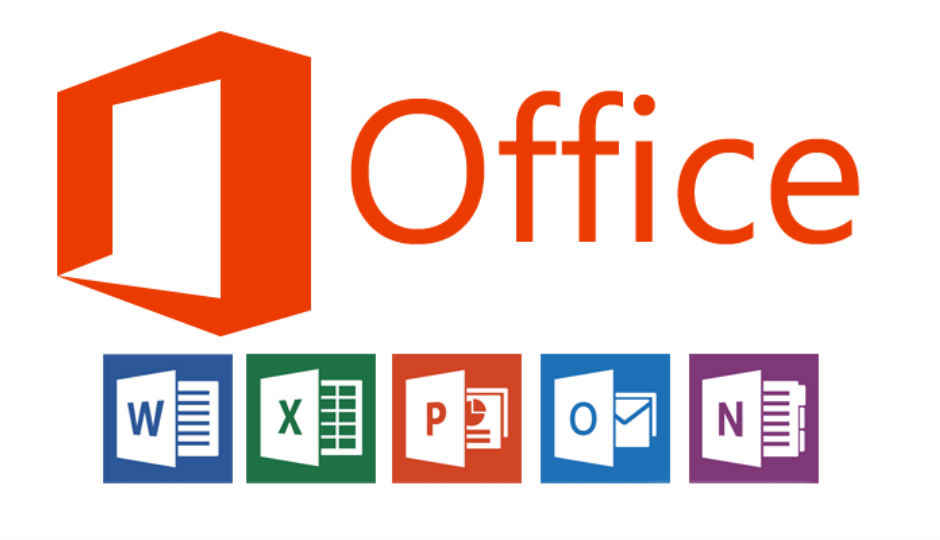A macro is a series of commands that you can use to automate a repeated task, and can be run when you have to perform the task. This article has information about the risks involved when you work with macros, and you can learn about how to enable or disable macros in the Trust Center.
Shop at Best Buy for Microsoft 365 & Office Software, Find Microsoft 365 and Office, Office 2010 and more in Home, Student, or Professional versions.
In the Microsoft Office Security Options dialog box, click Enable content for this session for each macro. Change macro settings in the Trust Center. Macro settings are located in the Trust Center. However, if you work in an organization, the system administrator might have changed the default settings to prevent anyone from changing. Dorothy House has been teaching Business and Office Technology coursework for over 25 years. She has taught computer applications courses such as Word, Excel, Access, PowerPoint, and Windows. Also, she has experience teaching Accounting coursework for a sole-proprietorship, a partnership, and a corporation.
Microsoft Office Word Excel Powerpoint Free Download For Windows 8
Warning: Never enable macros in an Office file unless you're sure what those macros do. Unexpected macros can pose a significant security risk. You don't have to enable macros to see or edit the file; only if you want the functionality provided by the macro.
If you're looking for information on creating macros please see Quick start: Create a macro.
If you're looking for information on using macros on a machine running Windows S see Block suspicious macros in Office on Windows 10 S.

What is a macro, who makes them, and what is the security risk?
Macros automate frequently used tasks to save time on keystrokes and mouse actions. Many were created by using Visual Basic for Applications (VBA) and are written by software developers. However, some macros can pose a potential security risk. Macros are often used by people with malicious intent to quietly install malware, such as a virus, on your computer or into your organization's network.
Enable macros when the Message Bar appears
When you open a file that has macros, the yellow message bar appears with a shield icon and the Enable Content button. If you know the macro, or macros, are from a reliable source, use the following instructions:
On the Message Bar, click Enable Content.
The file opens and is a trusted document.
The following image is an example of the Message Bar when macros are in the file.
Enable macros just for the current session
Use the following instructions to enable macros for the duration that the file is open. When you close the file, and then reopen it, the warning appears again.
Click the File tab.
In the Security Warning area, click Enable Content.
Select Advanced Options.
In the Microsoft Office Security Options dialog box, click Enable content for this session for each macro.
Click OK.

Change macro settings in the Trust Center
Macro settings are located in the Trust Center. However, if you work in an organization, the system administrator might have changed the default settings to prevent anyone from changing settings.
Important: When you change your macro settings in the Trust Center, they are changed only for the Office program that you are currently using. The macro settings are not changed for all your Office programs.
Click the File tab.
Click Options.
Click Trust Center, and then click Trust Center Settings.
In the Trust Center, click Macro Settings.
Make the selections that you want, then click OK.
Note: The options are slightly different in Excel, we'll call those out as we go.
Microsoft Office Word Excel Powerpoint & More For Pc
Disable all macros without notification Macros and security alerts about macros are disabled.
In Excel this option is Disable VBA macros without notification and it only applies to VBA macros.Disable all macros with notification Macros are disabled, but security alerts appear if there are macros present. Enable macros on a case-by-case basis.
In Excel this option is Disable VBA macros with notification and it only applies to VBA macros.Disable all macros except digitally signed macros Macros are disabled, and security alerts appear if there are unsigned macros present. However, if the macro is digitally signed by a trusted publisher, the macro just runs. If the macro is signed by a publisher you haven't trusted yet, you are given the opportunity to enable the signed macro and trust the publisher.
In Excel this option is Disable VBA macros except digitally signed macros and it only applies to VBA macros.Enable all macros (not recommended, potentially dangerous code can run) All macros run without confirmation. This setting makes your computer vulnerable to potentially malicious code.
In Excel this option is Enable VBA macros (not recommended, potentially dangerous code can run) and it only applies to VBA macros.Excel also has a checkbox for Enable Excel 4.0 macros when VBA macros are enabled. If you select this checkbox all of the above settings for VBA macros will also apply to Excel 4.0 (XLM) macros.
If this checkbox is not selected XLM macros are disabled without notification.Trust access to the VBA project object model Disallow or allow programmatic access to the Visual Basic for Applications (VBA) object model from an automation client. This security option is for code written to automate an Office program and manipulate the VBA environment and object model. It is a per-user and per-application setting, and denies access by default, hindering unauthorized programs from building harmful self-replicating code. For automation clients to access the VBA object model, the user running the code must grant access. To turn on access, select the check box.
Note: Microsoft Publisher and Microsoft Access have no Trust access to the VBA project model object option.
Free Microsoft Word Excel Powerpoint
See Also
